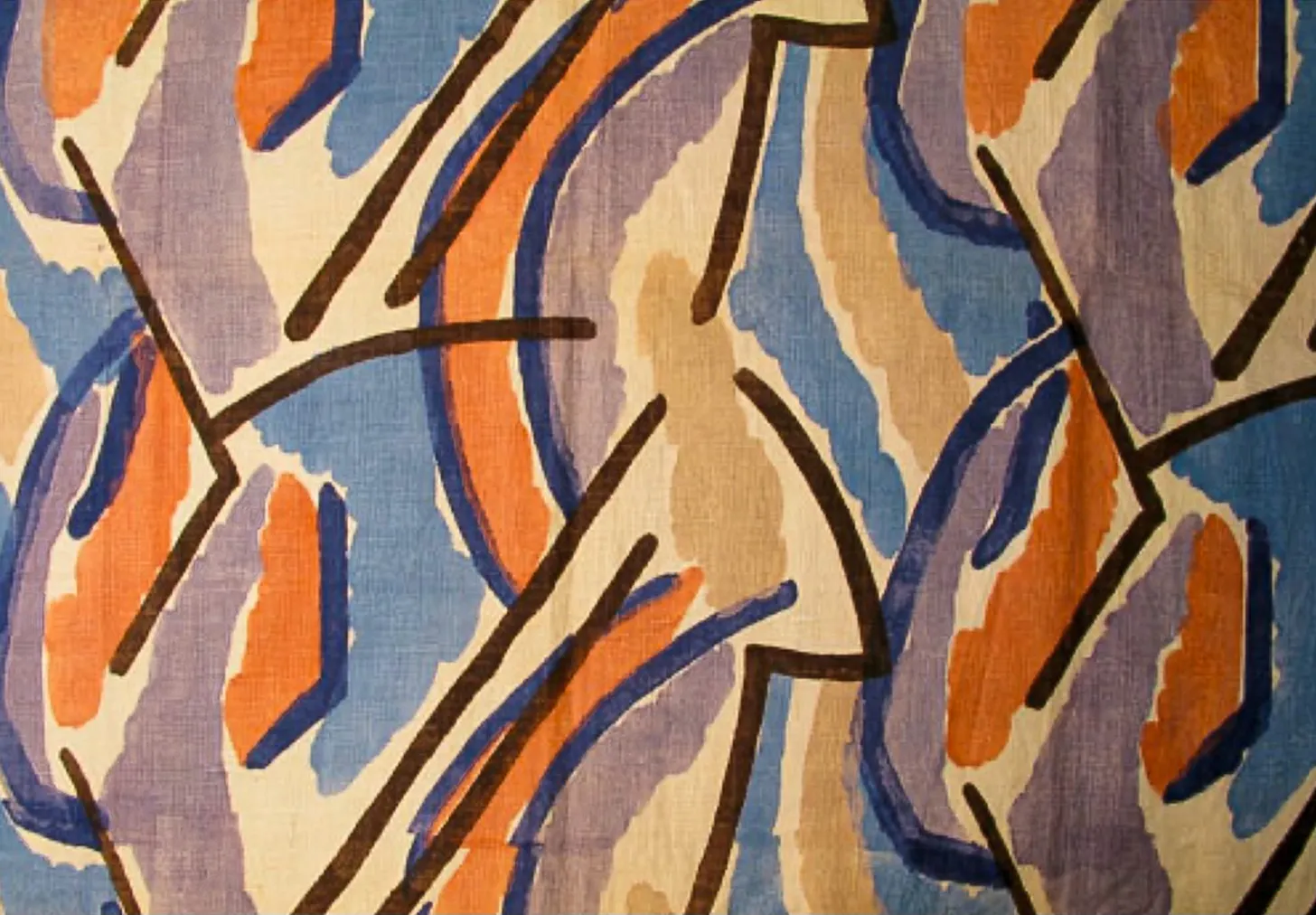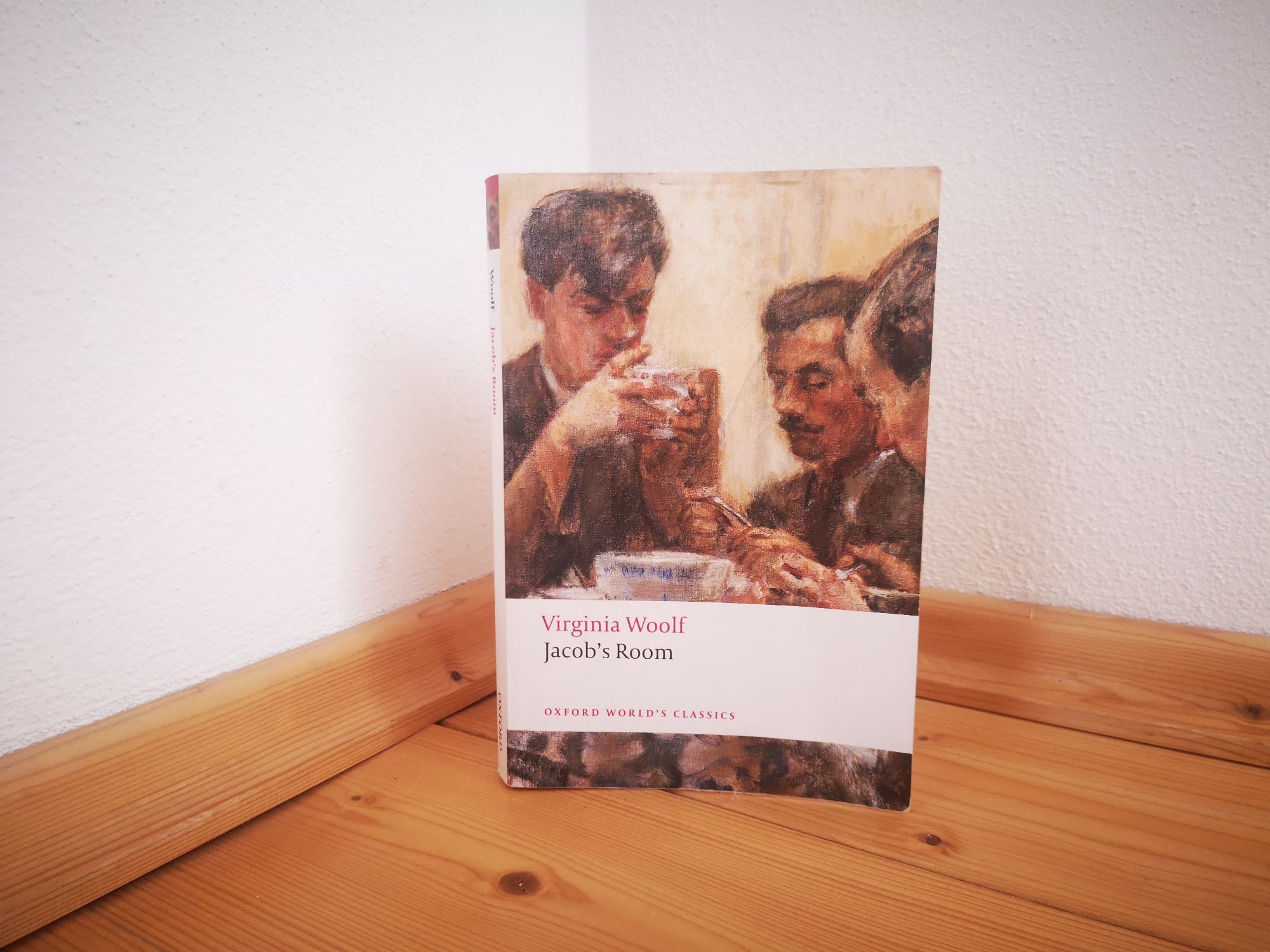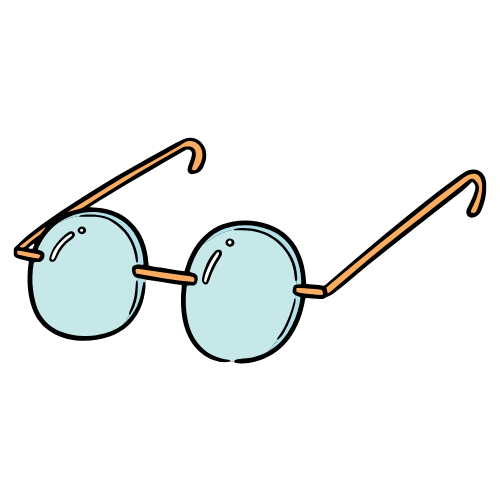Jacob’s Room is filled with letter writing. In the first paragraph, Betty Flanders writes to Captain Barfoot about why she left Scarborough. Then, she receives a letter from Mr Floyd where, we assume, he proposes to her, and she writes back “such a motherly, respectful, inconsequent, regretful letter that he kept it for many years”. Then at the end of the novel Jacob writes to his mother from Greece and then… but I don’t know why I’m writing to you about the letters of Jacob’s Room. You know all of this, of course. You read it before me. And you didn’t just read any copy of it. You read what would end up being my copy.
You will excuse me of course, for writing a letter to you even though I don’t know you. I mean, I less than don’t know you, I don’t even know your name. But, oh, I can read so much about you from the notes and colours you left behind. You are brave, that I can tell. I scribble my books as well, but wouldn’t even dream of giving away any of them. I do give away books which don’t impress me, of course. Happens a lot. But those books are not worth scribbling for me. And yet, here you are, making notes and underlining and highlighting and then giving the book away. Or maybe you left it behind on the train to Munich. Or on a bench in a park in Leipzig. Or it fell out of your bag on your way to the university in Heidelberg. Where in Germany did you read it, anyway?
It’s not hard to tell you read it in Germany, but I’m not sure if you’re German. Your first note says “Mutter übernimmt Narration in der Kindheit – Effekt?” written in red. But then later notes are written in English. You could be anything, everything. Like me. I write my notes in German or Romanian or English. I wonder if anyone could tell. But back to this first note. Our opinions diverge. “I don’t think it’s narration”, I wrote on a sidenote. “it’s the expanding of consciousness and pov of Betty, with her worries and history”. Although using “narrator” for the background voice in a Woolf novel is weirdly fitting. Because of the personality hiding behind it, which in Jacob’s Room is very open. She is ironic, bitter (you wrote in a later note), judgmental even and observing. As a reader, you feel she is part of the tapestry, weaving herself in it.
The first two chapters of the novel were the hardest for me to read, but for you they must have sparked a lot of thought. That’s where your notes are the most detailed. I must have taken 3 days and several re-reads to get through these first pages. It got easier after, when Jacob is in Cambridge, visits his professor for lunch and meets Clara. One of my favourite scenes of the novel is the scene on the train, as Jacob travels to Cambridge and Mrs Norman is looking at him, wary of and yet somehow attracted to him. “Nobody sees any one as he is… They see a whole – they see all sorts of things – they see themselves” You highlighted this with yellow. I wonder why. Did you see yourself in it? Or maybe it brought to the surface some thoughts which were otherwise floating formless just beyond your waking consciousness? Or maybe you just liked the sound of it.
You seem to be attracted to paragraphs where waves are mentioned, and you send me to read The Waves. Which is what I will do in a short time. The book is planned for this summer. I wonder if the note is meant for you as well. Did you read it? Or you were just aware of it, as part of Woolf’s oeuvre and when waves smash into the beach of the Cornish seaside you immediately think The Waves is on your list as well? “green summer waves, swaying around the iron pillars of the pier”. “the waves slapped the boat, and crashed, with regular and appalling solemnity, against the rocks” I had to think about you later in the novel, when you stopped making notes and underlying the waves. The reader would have liked the waves of the Thames, I thought. But you hadn’t been there, there was no trace of your yellow highlighter.
Two of your notes really got me thinking. “keine wirkliche Beschreibung von Seabrook”, you write. Quite so. We don’t get much from Seabrook. He died, that’s pretty much it. And Betty wonders “had he then, been nothing?” This really struck a chord. Why doesn’t Betty think of him with more fondness, why doesn’t she miss him? Is it the same with all the husbands in Woolf’s fiction? Well, let’s see. Clarissa and Richard Dalloway sleep in separate bedrooms. Orlando marries Shelmerdine only to ponder on how she herself was changed by marriage. Mrs Ramsay has Mr Ramsay wrapped around her finger. Is this marriage? Sends chills down my spine. I don’t think I would have thought so much about the matter if it hadn’t been for your note.
So thank you, dear previous reader of Jacob’s Room. Thank you for scribbling down your thoughts and then, one way or another, passing the book on to me. It got me thinking of husbands and marriage in Woolf’s fiction but, more importantly, it got me thinking of you. Are you still a reader of Woolf? What’s your favourite Woolf? Do let me know if this reaches you. And if not, it’s still fine. You read it, I read it and I read you. And we are both Woolf fans in this world of noise and decoys. And that’s what really matters.








your thoughts?